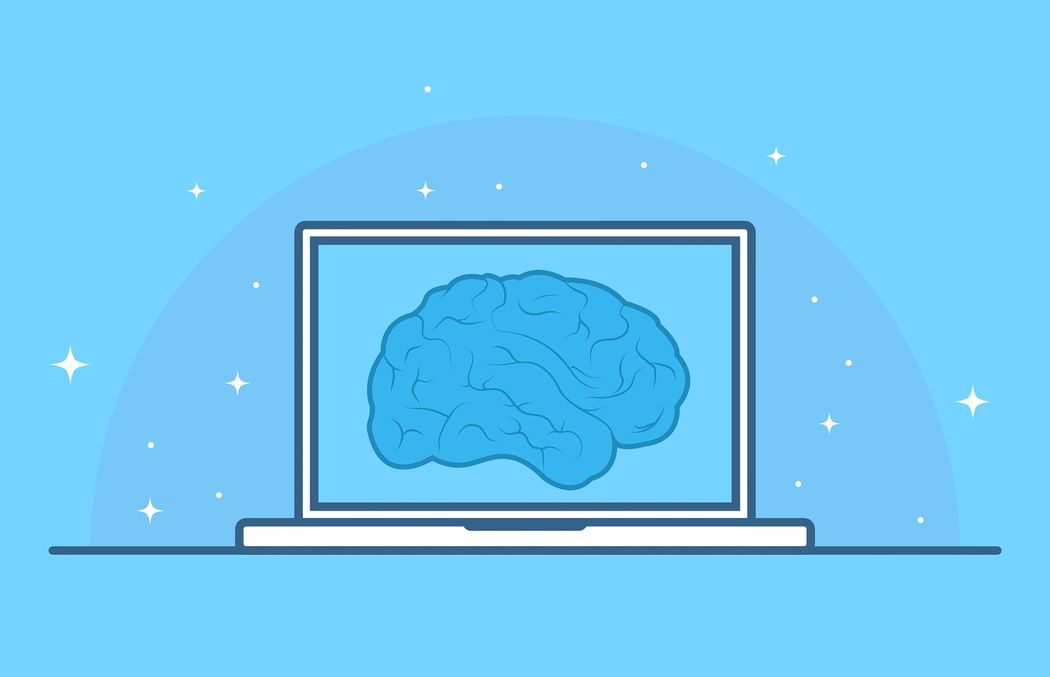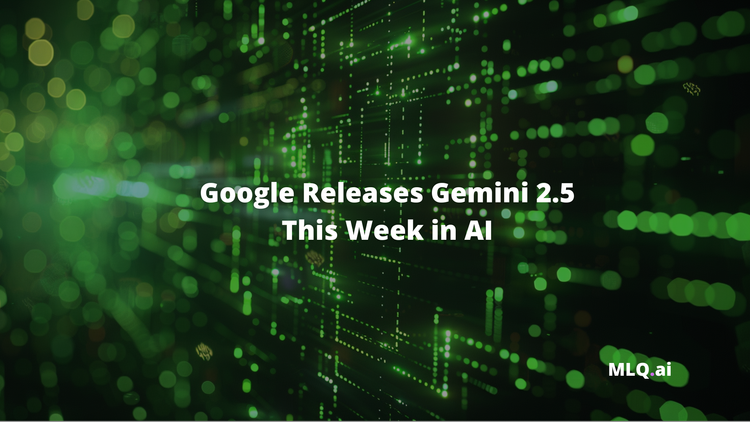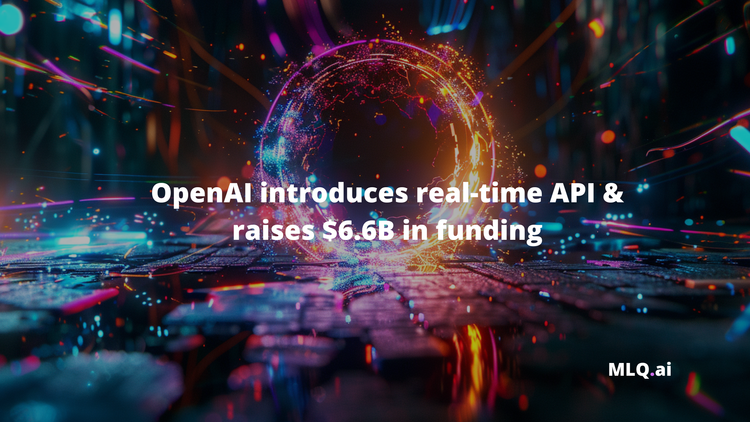Welcome to our This Week in AI roundup. Our goal with this roundup is to provide an overview of the week's most important news and industry developments.
This week we have stories about decentralized finance (DeFi), machine learning for multiday estimates, and AI-based pair programming.
DeFi Meets AI
Fetch.ai, a Cambridge-based AI lab with a penchant for crypto, has introduced a tool to mitigate the risk of losses in the emerging field of decentralized finance (DeFi). Users' funds can be automatically withdrawn from Uniswap v2 and PancakeSwap using the DeFi Agents toolkit.
The DeFi Agent technology currently offers "stop-loss agents," which can take user cash from liquidity pools automatically. According to a press release, these kick in if the exchange rate between the two tokens falls below a predetermined level.
As the CEO states:
Intelligent automation has the potential to transform the end-to-end experience of the DeFi applications we use today.
“Rather than constantly monitoring price action and having to manually withdraw liquidity, Fetch.ai DeFi Agents simplify and streamline that whole process for LPs.”
Machine Learning for Multiday Stock Estimates
In this guide, we review the application of machine learning for multiday stock rankings.
In particular, we'll look at data provided in the ML Estimates section of the MLQ app sourced from Brain Company, a research company focused on machine learning for investment strategies.
In the MLQ app, the stock scoring is referred to as the "ML Alpha Score", which is described as follows:
The ML Alpha Score is related to the confidence of a machine learning classifier in predicting top or bottom quintile returns for the next N trading days (e.g. next 21 days) for stock and ranges from -1 to +1.
The model implements a voting scheme of machine learning classifiers that non-linearly combine a variety of features with a series of techniques aimed at mitigating the well-known overfitting problem for financial data with a low signal-to-noise ratio.
Stay up to date with AI
GitHub Introduces AI Pair Programmer
Microsoft and OpenAI teamed up to launch GitHub Copilot, which is a new AI-assisted pair programmer that helps in the development of better code. It suggests complete lines or entire functions based on the context of the code you're working on. It also adjusts to the way you write code as you type to help you finish your task faster.
Powered by OpenAI Codex, their latest AI system, GitHub Copilot analyses the context you've provided and synthesizes code to match, whether it's in a docstring, remark, function name, or the code itself.
WHO Releases Guidance on AI in Healthcare
In the WHO blog post, they describe how AI holds great promise for improving the delivery of healthcare and medicine worldwide, but only if ethics and human rights are put at the heart of its design, deployment, and use.
The new WHO guidance published this week warns against overestimating the benefits of AI for health, especially when it occurs at the expense of core investments and strategies required to achieve universal health coverage. The report also issued six principles to ensure AI works for the public interest in all countries.
That's it for this edition of This Week in AI, if you were forwarded this newsletter and would like to receive it you can sign up here.






